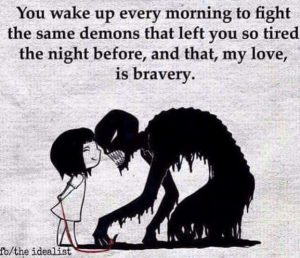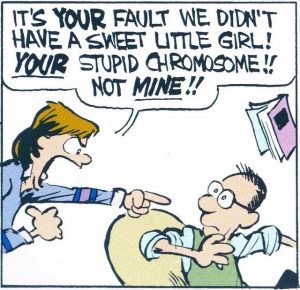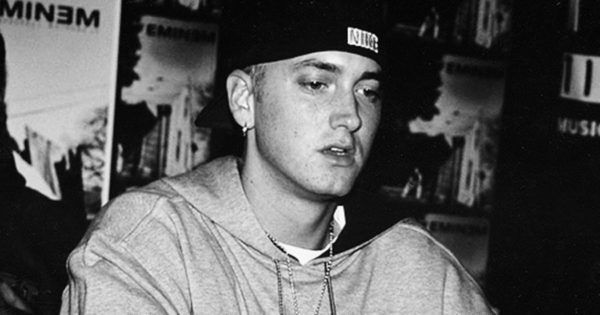The advantage of having a best friend that shares your mental health issues is the sense of understanding. My best friend has been through a lot of the shit that I have, both in our minds and in our lives. It helps to talk to someone who gets it, gets me, and cares about me, because their advice goes beyond the well-meaning and into the applicable, the actionable, the live-able.
In the past few weeks, I’ve binged on In Treatment. It’s a show about therapy, and the episodes are based on psycho-analytic sessions on the couch. It’s derived from the Israeli show Be Tipul, and many episodes are word-for-word translations, except for replacing Civil Rights with Holocaust.
The show is dark, and I don’t like how the female characters are written, but it’s caught my attention, because I can relate to a lot of the issues that come up, and I want to see how (or if) they get resolved. This isn’t the same kind of therapy I had for two years. Mine was CBT – Cognitive Behaviour Therapy. It’s less focused on the past and more on changing current and future patterns of thought and behaviour. It gave me tools to actively deal with low cycles, but didn’t dig into the past events that formed my recurring depressive patterns.

Season 2 of In Treatment has two characters I feel connected to – April and Walter. They both have issues arising from a childhood sense of self-blame that shaped how they deal with the world, especially their careers and intimate relationships. They both push themselves to ‘save’ others at the risk of their own well-being. They suppress their own need and pain.
Following their in-therapy examples, I dug into my own past to see what was the cause of my self-blame, and I found that like many people who experienced rape, I blame myself. But because it happened in childhood, the sense of blame is far more pervasive. It makes me take responsibility for everything and everyone in my life, blaming myself for everything that goes wrong and carrying the weight of trying (and failing) to fix it.
I was talking to said best friend about a particular issue I’m currently blaming myself for, and he asked a seemingly simple question. ‘Okay, so it’s your fault. What exactly did you do wrong?’ The question froze me. Because at first, it seemed silly. I opened my mouth to respond. Closed it. Rinse and repeat. It’s my fault, yes. But how can it be my fault if I haven’t done anything wrong?

I still feel like shit is my fault, but I feel like this is a good base question – what did I do wrong in this situation? Of course there will be times when I did do something wrong, then I can identify it, apologise, and correct it. But other times, many times, the self-blame will be all in my head, and maybe this question will help me tell the difference and keep me just a little more sane.
♫ In the end ♫ Linkin Park ♫





